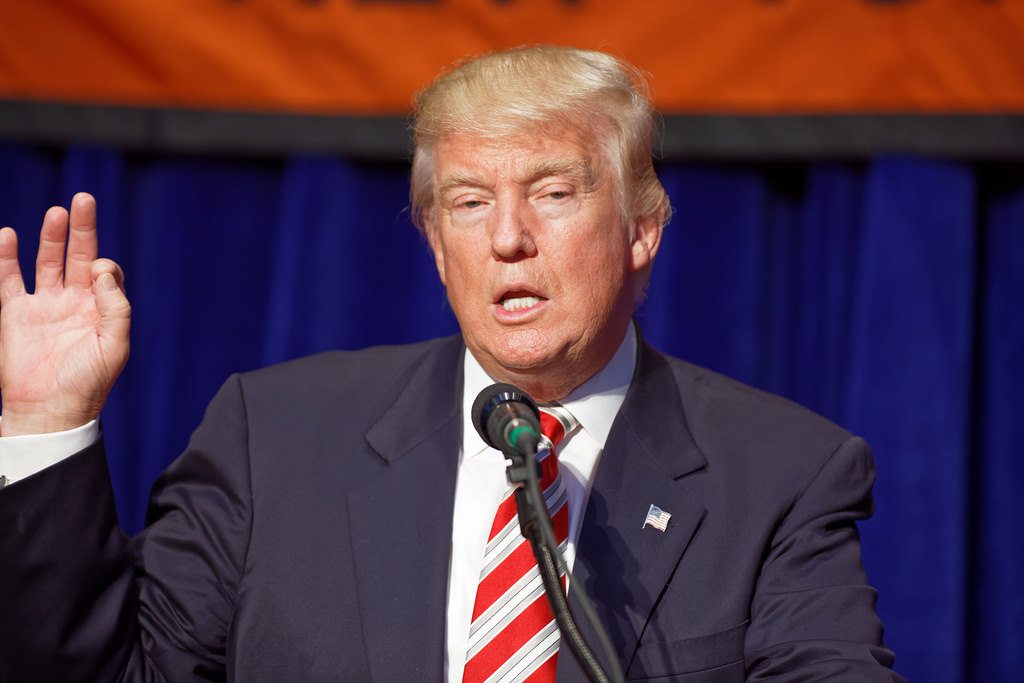
Traditional advertising died a little more on Tuesday. The winning candidate spent less, connected more, and befuddled the entire establishment of marketing wisdom. Some of it may not be translatable to your business, but you owe it to yourself to at least consider just a few observations:
TV, Radio, Newspaper – more of a waste of time if done traditionally…with 30 and 60 second produced pitches. The winner made himself available, played on their need for content, and presented a less practiced form of persuasion. Investment-wise, he spent less than half of what the losing candidate spent on traditional media. TV stations benefit from a windfall in election years when political campaigns and interests flood the airwaves with ads. But Trump’s victory challenges the rationale behind that spending. He won with far smaller TV outlays than Clinton made. Was Trump uniquely able to spend less because he could attract attention with his celebrity status and comfort with social media? Or did he show that the ad buys too often are just a waste? Business Translation: Talk to your marketing professional and gauge for yourself how much of a return you’re really getting from your traditional mass-media advertising. The consumer is more in charge of what messages they want to accept…with DVR’s, fragmentation, disconnection…you have to get a customer’s permission, really, to market to them.
Personal connections – regardless of your political persuasion, you have to acknowledge the winning candidate connected with his audience in a way that completely overturned “conventional wisdom” and established marketing dogma. He didn’t rely on focus-group, programmed, and practiced word-smithing to get his point across. He was honest about his views, unapologetic, and combative in defending them…even admitting his own lack of experience in the traditional way of campaigning. Trump is “the first Twitter president”…with the ability to transmit his messages without mainstream media and still force TV networks to give him extraordinary coverage could reverberate through the industry. Business Translation: Are you saying what everyone else is saying? How brutally honest are you about your business?
He understood his market – when everyone else thought they did. Analytics, demographics, and stereotyped grouping of people were seen as simply Americans and individuals. You may disagree with what he said, but there’s no doubt he didn’t shy away from saying it. Early returns show he did better among many groups than the previous candidate did 4 years ago. Business Translation: Beware of over focus-grouped messaging and carefully-crafted campaigns based on the assumptions traditionally made about your audience. Group think is a game not worth playing.
Overall, the message was the medium and that can be true for a business willing to step bravely into a different way of campaigning…for customers. We’d be happy to explain in detail.